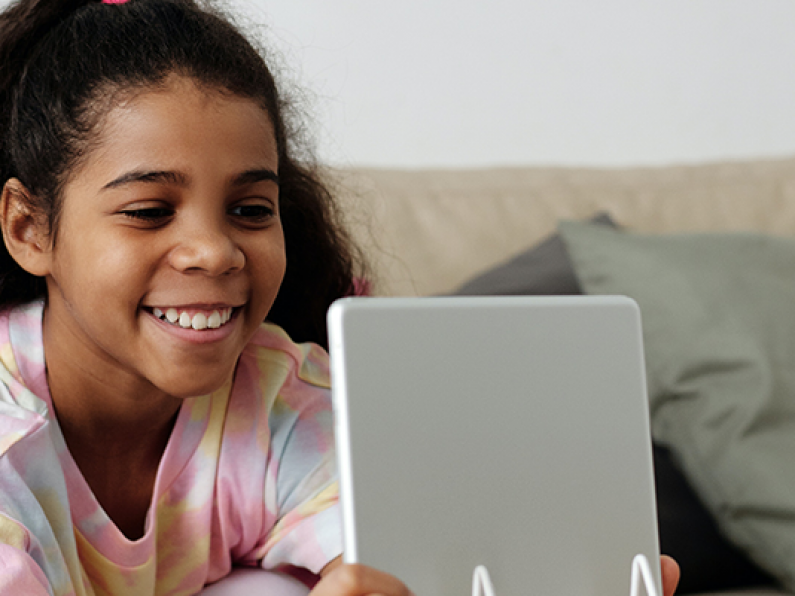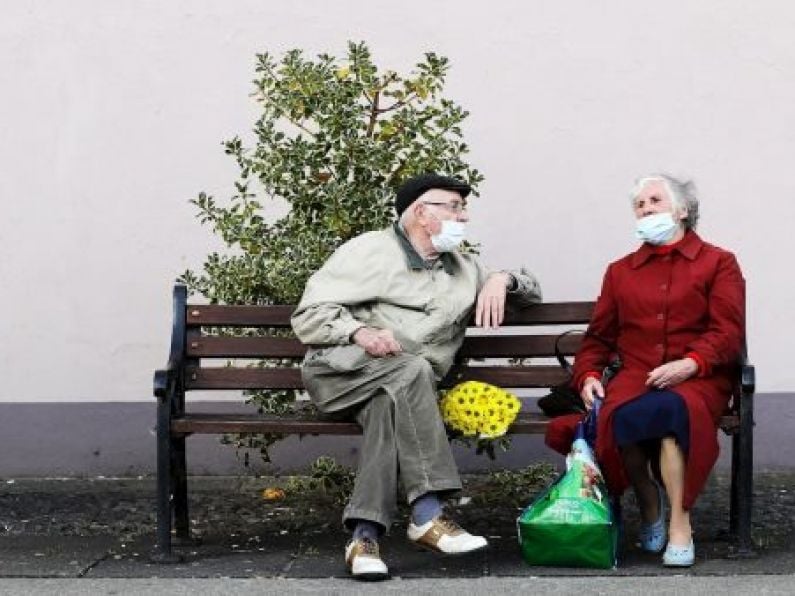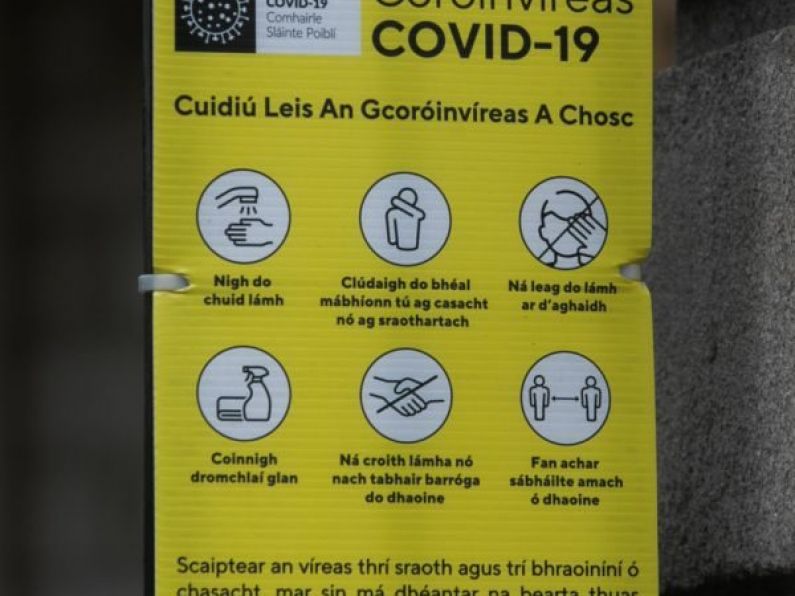Access to technology has greatly facilitated life in lockdown in Ireland but has also increased the likelihood of children being exposed to privacy, grooming and online bullying risks, says CyberSafeIreland.
A Report from the World Health Organisation, published in May, found that Irish 13 and 15-year-olds are in the top 10 across Europe and North America for prevalence of cyberbullying and “problematic social media use”.
Before lockdown, most children we surveyed were spending 0 – 1 hours a day (33%) and 1 – 2 hours online every day (31%); 17% of children were spending 2 – 4 hours online every day and a small but worrying proportion (12%) were online for more than 4 hours a day.
The reality is now that most children will have spent significantly more time online as a result of the COVID-19 crisis, for learning, socialising and entertainment. 95% of parents that we surveyed during the crisis estimate that their children are spending more time online, with 50% responding that their kids are spending 1 – 2 hours more online per day, with a further 14% reporting 2 – 3 additional hours.
Online access provides a range of apparent opportunities but there are also inherent risks, particularly for children, including loss of personal data and privacy through oversharing, cyberbullying, sextortion and grooming.
A Europol Report, published in April, indicated that predators are using the COVID-19 crisis to search for and trade sexual images of children online.
These predators know children will be spending more time online during this period of social isolation, and are sharing this vulnerability in chatrooms with like-minded individuals, including discussion about the best channels for reaching them.
This is why it is essential that we find ways to equip parents to better support and guide their children in the Digital Age. CyberSafeIreland’s Head of Education Philip Arneill, says:
“As parents and educators, we need to be doing a lot more to prepare children and young people for online life and their connected future, enabling them to engage in smarter, safer, more responsible behaviour. We also need the government to prioritise and invest more in supporting appropriate online safety education. This will help ensure children in Ireland are better equipped to not only make the most of the opportunities online, but also better manage the risks and dangers.”
The ad campaign was developed by Jack Connolly and Emily Carew from GroupM from their winning concept submitted in the Media Category of the IAPI 2020 Cannes Young Lions competition. The campaign will run for 3 weeks (from 15th June to 3rd July) on national and local radio and was produced by the generous support of Choose Radio, who were the category sponsors.
Gabrielle Cummins, Chair of Choose Radio said: “Radio is such a powerful platform. Every radio station in Ireland is involved in supporting this important initiative from CyberSafeIreland so we have no doubt that 3.1 million listeners will become more educated as a result of this ad campaign.
"In addition, parents who are listeners will learn how to easily access the right support which will facilitate them to be better equipped to provide the necessary protection for their children. We have worked with so many charities in the past and the positive results have always been impressive so we’re confident this latest campaign for CyberSafeIreland will return worthwhile outcomes for the charity.”
In addition to webinars aimed at parents focused on healthy online use, CyberSafeIreland is currently running Summer Bootcamps for children, with a focus on equipping them with the skills to be smarter and safer online. Delivered live, the sessions are interactive and engaging, using a child-centred, problem-solving approach to teach children how to be safe and ensure they have a positive experience online. Topics include:
- managing personal information
- setting up accounts safely
- privacy settings
- social media and gaming
- misinformation and critical thinking
- digital footprint
- cyberbullying
Top Tips that are suggested for parents include:
- Start the conversation now! As soon as your child shows interest in your phone or tablet, talk about what's okay and not okay to do online in an age-appropriate manner. Talk to your kids about what they do and see online as often as possible.
- Do your research. Check out the apps and games that your child is using or wants to use. Download it yourself or watch videos on YouTube about it and see what functionality it has. Look, in particular, at whether it has a chat facility, how to apply safety /privacy settings and how to report abuse.
- Agree the rules. Put appropriate boundaries in place and apply them consistently, e.g. where they can use their devices, who can be on their friends lists, what behaviour is acceptable, and not to share location. Most importantly keep an eye on what your children are doing online.






